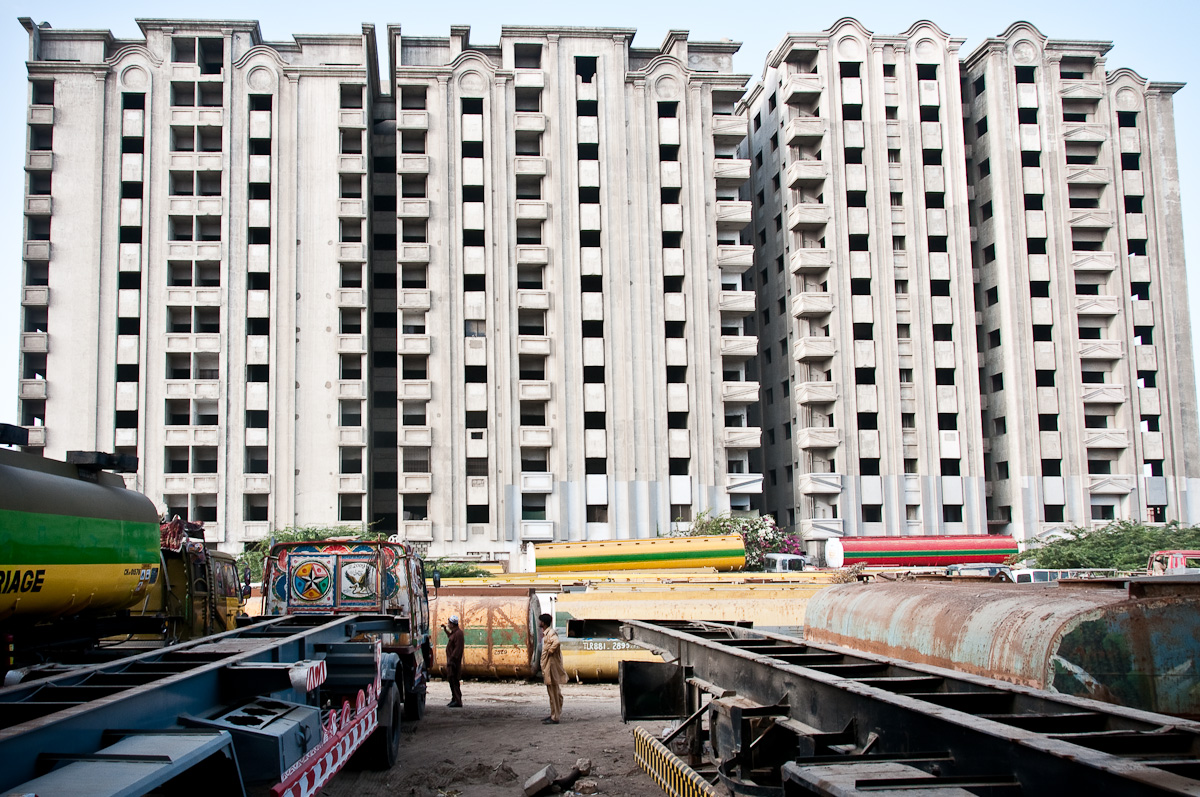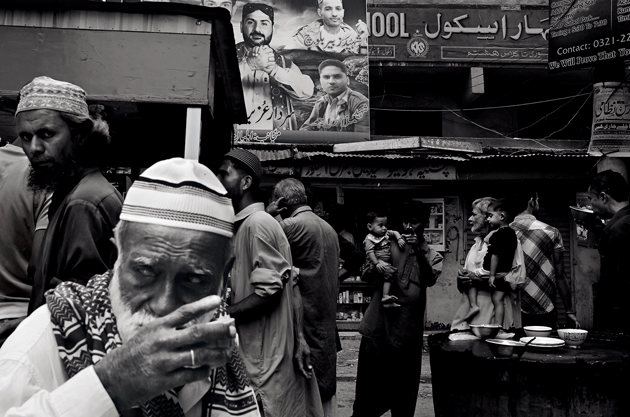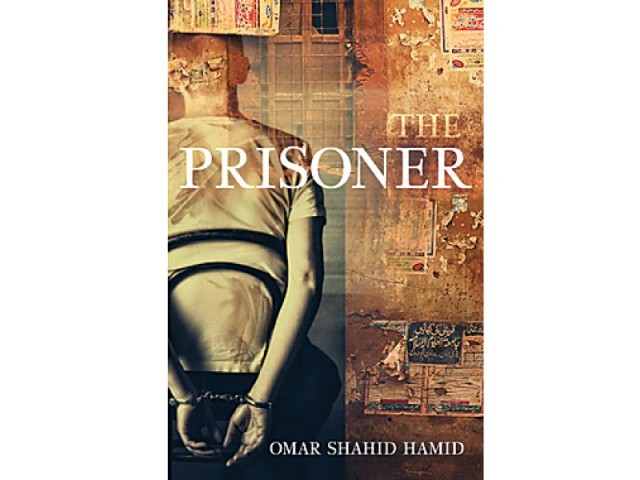
The highest stakes in Pakistani politics take place not in the tribal borderlands, nor in the genteel salons of Islamabad, but in Karachi, the seaside metropolis of 14 million people that is the country's throbbing economic heart. Karachi is the world's most violent city, with about 2,000 murders in 2013 (compared to 787 in Juarez) as a result of its virulent gang politics. The city's gangsters, unlike their South American counterparts, are not simple outlaws; rather, they are openly linked to Pakistan's national politics, in an ecology that runs from the street-side 'bhatta' extortions up to the highest corridors of state office.
The uniqueness of Karachi's gangs may be judged by the fact that when, last spring, the reigning Pakistan People's Party decided to turn against a group that it had been allied with in Lyari, the city's oldest slum, the gang—called the People's Amn Committee—fought back for a week with automatic weapons and rockets in Lyari's narrow streets, forcing the armored vehicles of the police and paramilitary Rangers to a standstill outside of the slum. In the end, the operation had to be called off. And that means, with national elections scheduled for May, President Asif Ali Zardari and the PPP are going to have to make up with the Amn Committee if they want Lyari's votes.
For decades, politics in Karachi have been dominated by the gangs of the opposing MQM party and its reclusive leader-in-exile Altaf Hussain, who represent the city's largest ethnic group, the Urdu-speaking mohajirs. But demographic changes are upsetting that order. Poverty and the war in Pakistan's tribal areas have meant a massive influx of Pashtuns and Sindhis from the rural countryside. Other ethnic groups have replicated the MQM's model—the trinity of extortion, armed cadres, and mass electioneering—including the Amn Committee.









